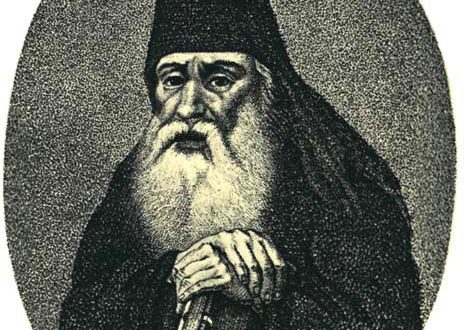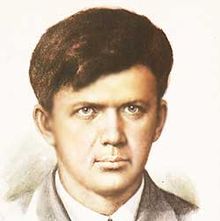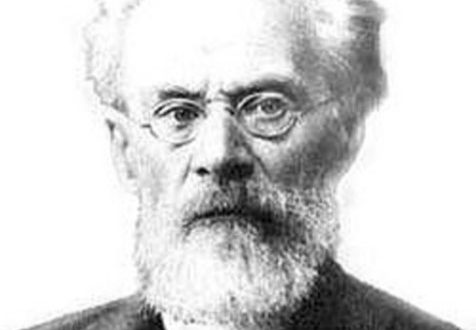
Gregorio Allegri |
Gregorio Allegri
Allegri. Miserere mei, Deus (The Choir of New College, Oxford)

One of the greatest masters of Italian vocal polyphony of the 1st half of the 1629th century. Student of J. M. Panin. He served as a chorister in the cathedrals of Fermo and Tivoli, where he also proved himself as a composer. At the end of 1650 he entered the papal choir in Rome, where he served until the end of his life, having received the post of its leader in XNUMX.
Mostly Allegri wrote music to Latin religious texts associated with liturgical practice. His creative heritage is dominated by polyphonic vocal compositions a cappella (5 masses, over 20 motets, Te Deum, etc.; a significant part – for two choirs). In them, the composer appears as a successor to the traditions of Palestrina. But Allegri was not alien to the trends of modern times. This, in particular, is evidenced by 1618 collections of his relatively small vocal compositions published in Rome in 1619-2 in his contemporary “concert style” for 2-5 voices, accompanied by basso continuo. One instrumental work by Allegri has also been preserved – “Symphony” for 4 voices, which A. Kircher cited in his famous treatise “Musurgia universalis” (Rome, 1650).
As a church composer, Allegri enjoyed tremendous prestige not only among his colleagues, but also among the higher clergy. It is no coincidence that in 1640, in connection with the revision of liturgical texts undertaken by Pope Urban VIII, it was he who was commissioned to make a new musical edition of the hymns of Palestrina, which are actively used in liturgical practice. Allegri successfully coped with this responsible task. But he gained particular fame for himself by setting to music the 50th psalm “Miserere mei, Deus” (probably this happened in 1638), which until 1870 was traditionally performed in St. Peter’s Cathedral during solemn services during Holy Week. Allegri’s “Miserere” was considered the standard sample of the sacred music of the Catholic Church, it was the exclusive property of the papal choir and for a long time existed only in manuscript. Until the 1770th century, it was forbidden even to copy it. However, some memorized it by ear (the most famous story is how the young W. A. Mozart did this during his stay in Rome in XNUMX).





